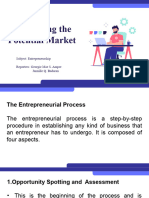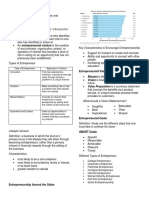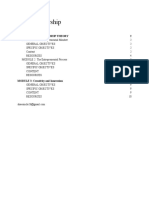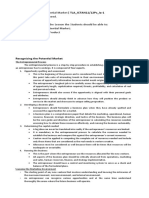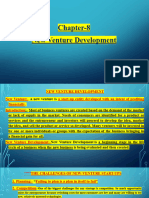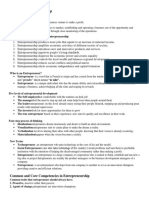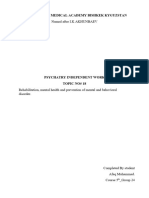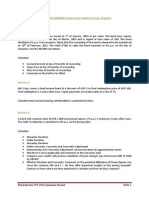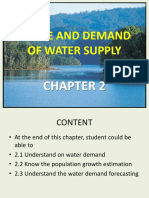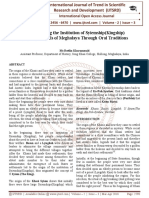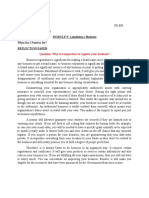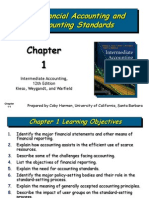0% found this document useful (0 votes)
4 views24 pagesFaculty of Social and Management Science Department of Entrepreneurship
Uploaded by
w7p8y2y7fjCopyright
© © All Rights Reserved
We take content rights seriously. If you suspect this is your content, claim it here.
Available Formats
Download as PDF, TXT or read online on Scribd
0% found this document useful (0 votes)
4 views24 pagesFaculty of Social and Management Science Department of Entrepreneurship
Uploaded by
w7p8y2y7fjCopyright
© © All Rights Reserved
We take content rights seriously. If you suspect this is your content, claim it here.
Available Formats
Download as PDF, TXT or read online on Scribd
/ 24









